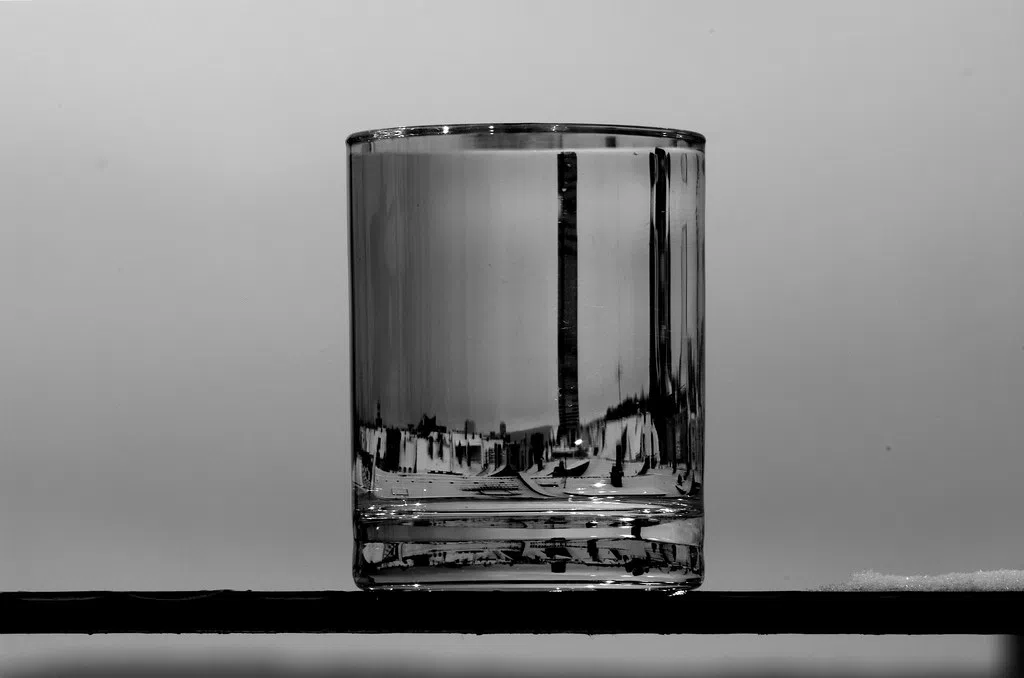CONLEY COMMENTARY (WSAU) Wausau city leaders said earlier this month they are very, very, very disappointed with delays in getting the new water treatment plant online.
Getting the plant running, and putting a post-design reverse carbon ionization filtration system into use, is the city’s strategy for eliminating forever chemicals or PFAS from the drinking water. Remember, the city’s goal isn’t to lower the levels to state standards, 70 parts per trillion, but to make them undetectable.
‘Undetectable’ is very expensive.
As for the plant itself, there have already been two start-up delays. The new start date is December 9. And the Water Works Commission met in closed session two weeks ago to discuss possibly suing the builder. The city already claims it’s entitled to $250,000 in liquidated damages, a stipulation written into the construction contract in case the facility wasn’t finished when promised.
Who’s to blame for the delays? Maybe no one. The specialized equipment needed for a water filtration plant is susceptible to supply chain problems. And the plant that’s being built today is not the plant that the city initially designed. Adding the new PFAS filtration is a big and complicated post-design change. And a reverse carbon ionization system isn’t sitting on the shelf somewhere in a warehouse.
The city backed itself into a corner. People have been hyped up since this summer about forever chemicals. And city leaders have said that the only cure to eliminate the problem is an expensive design change. And now that it’s taking longer than expected, the narrative quickly shifts to each day of delay makes a public health crisis worse. That’s an exaggeration. Many large complicated projects, from roadways to bridges to factories, aren’t finished on time. If the city took a more reasonable approach – that PFAS levels are concerning but not a deadly alarm – construction delays would be taken in-stride. If families are worried, drink bottled water or filter your water.
Two things to remember: First, PFAS are in everything, from raingear to sippy cups to make-up to microwave popcorn. We can get the water contamination to zero, and you can still be putting forever chemicals into your body by drinking from plastic bottles. And second, water filtration plants are big, complicated facilities. They need to be checked, and maintained, and fixed over time. Being on good terms with the builder seems to be a better plan than taking them to court.
Chris Conley




Comments